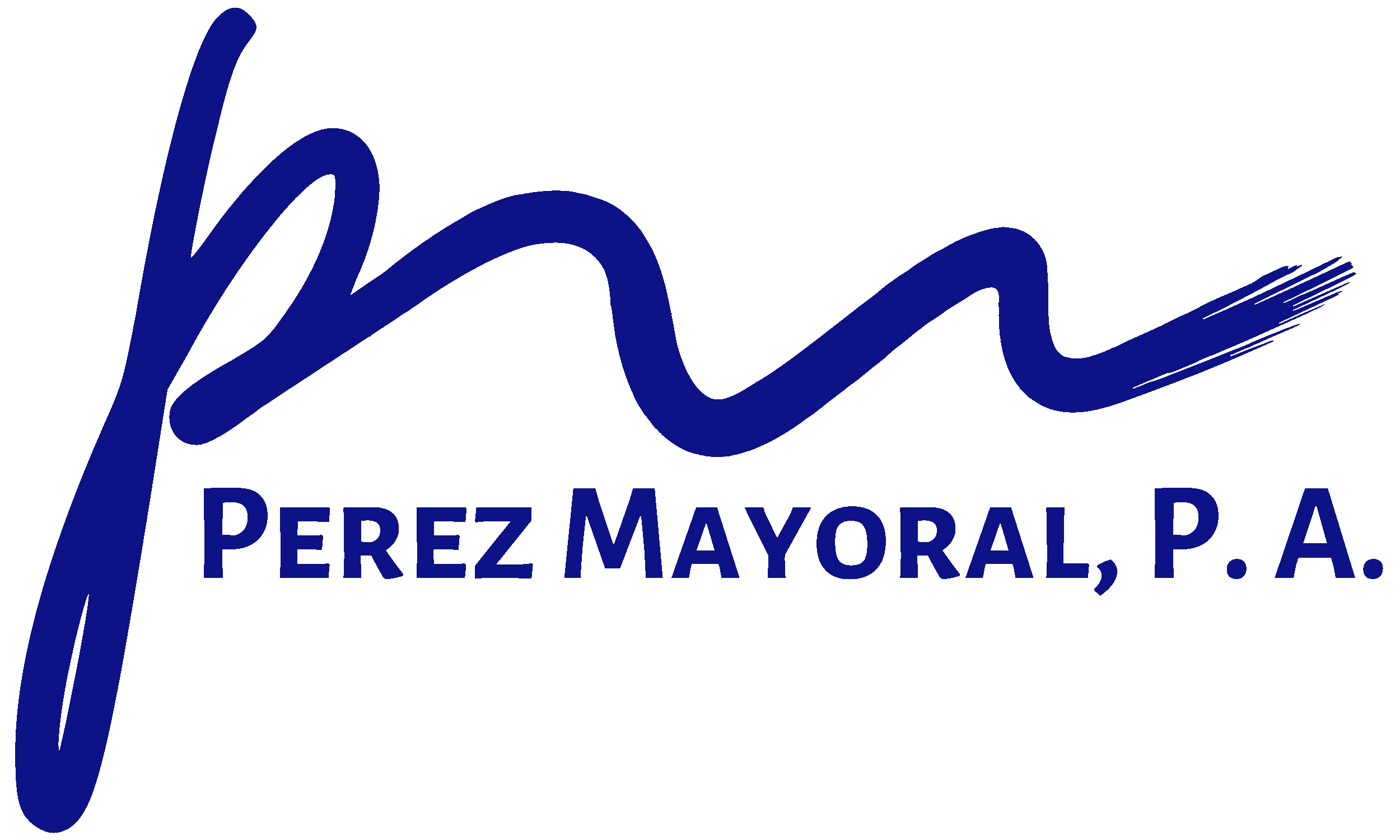HOAs and COAs have a duty to their residents to maintain their neighborhood and ensure community compliance by all its members. The Chapter 718 statute specifically outlines general provisions regarding the rights and obligations of condominium associations. These associations have joint ownership of the building and its units. There are duties that COAs must perform so that condominium owners are getting the most out of their quality of living and financial investment. Our Chapter 718 Statute lawyer Florida owners can depend on is glad to speak with you about this statute or other real estate related issues. The team at Perez Mayoral, P.A. is available to answer your questions or concerns. Contact us today!
Under the Chapter 718 Condominium Act, there are definitions and guiding principles for condominiums. This act includes the roles and requirements for Florida condominiums, mobile homes, and timeshares. It outlines the rights and obligations of developers to set rules on leasing, selling, and management. It also puts limitations on developer control and duties for repair and warranties. For unit owners, it lists the rules for using the property, what alterations can be made, and maintenance responsibilities. This act reviews association governance related to formation and powers of the association, financial operations, budgeting, assessments, board meetings, voting, election procedures, quorums, official records, and more.
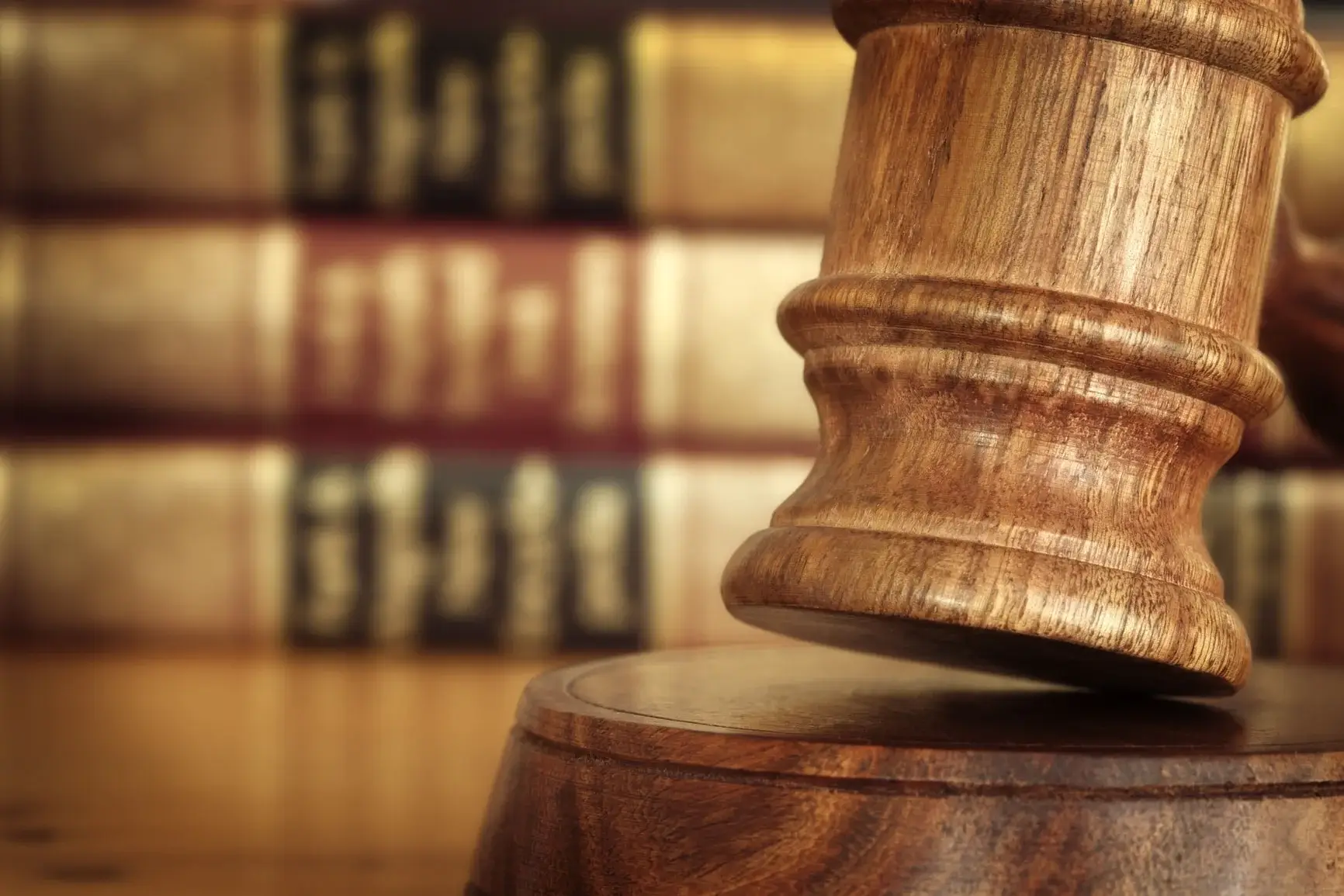
There may be times when homeowners or condominium owners get into a dispute with their HOA or COA. This could be over a myriad of problems, such as discrimination, noise, rule violations, behavioral disputes, misappropriation of funds, pets, personal injury, visual nuisances, failure to comply, and enforcement of covenants, among others. Depending on the situation, there may be a disagreement regarding architectural plans, imposition of fines, misuse of HOA or COA funds, or failure of the Board to perform their duties. Our knowledgeable Chapter 718 Statute attorney can assist with disputes that may arise between you and your HOA or COA. Disputes of this nature can be complex and emotional as well, since it involves a disagreement over your home. Where you live is supposed to be a place where you can relax and enjoy life. When a dispute arises it can cause immense stress, especially if you don’t know how to go about resolving it. So don’t hesitate to reach out today for the support you need.

Whether you are a homeowner or condominium owner, our team at Perez Mayoral, P.A. is ready to offer help regarding any problems you may have. We have deep knowledge and experience in handling real estate statutes and are happy to offer our wisdom during your time of need. Please reach out to our FL Chapter 718 Statute attorney for a consultation. Once we know more about the situation, then we can advise further. We hope to hear from you soon to get your HOA or COA related problem resolved promptly. We are waiting to speak with you!
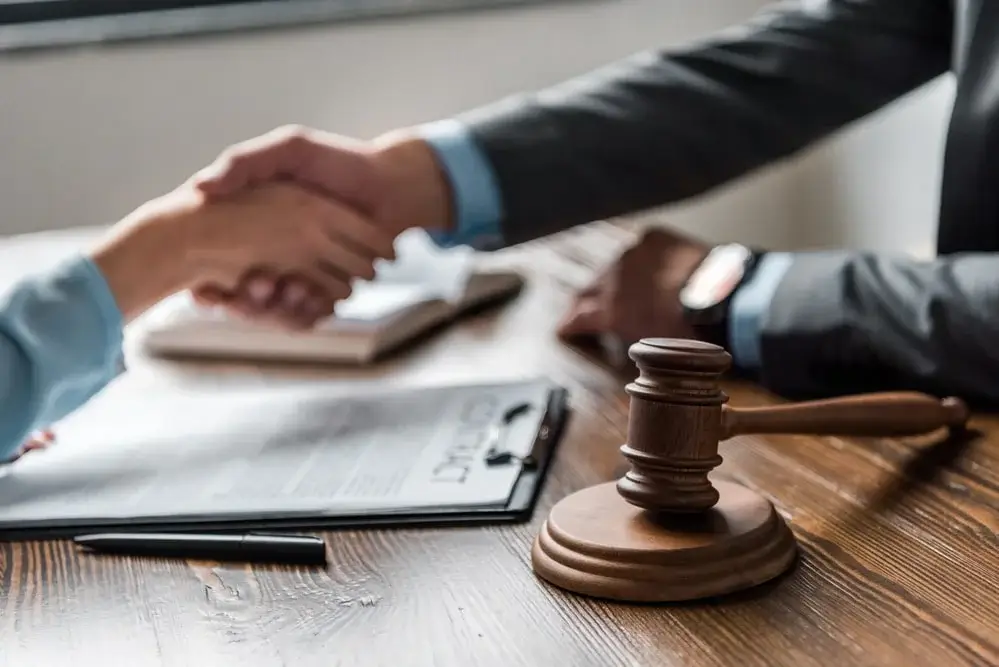
Resolving disputes within Condominium Owners Associations (COAs) often requires the legal input of a Florida Chapter 718 statute lawyer. At Perez Mayoral, P.A., we’re one of the few firms that’s exclusively dedicated to representing home and condominium owners in their disputes against their COAs. We’ve spent years walking our clients through a wide variety of cases, and now, we’re ready to help you. Read on to learn more about COA disputes, and contact us today to get started.
Understanding COA Disputes
Disputes in condominium settings can arise from various issues, ranging from enforcement of rules to disagreements over condominium fees or management decisions. These conflicts might involve individual owners, groups of residents, or even confrontations between residents and the management board. A common thread in these disputes is the need for clear communication and adherence to the governing documents of the association.
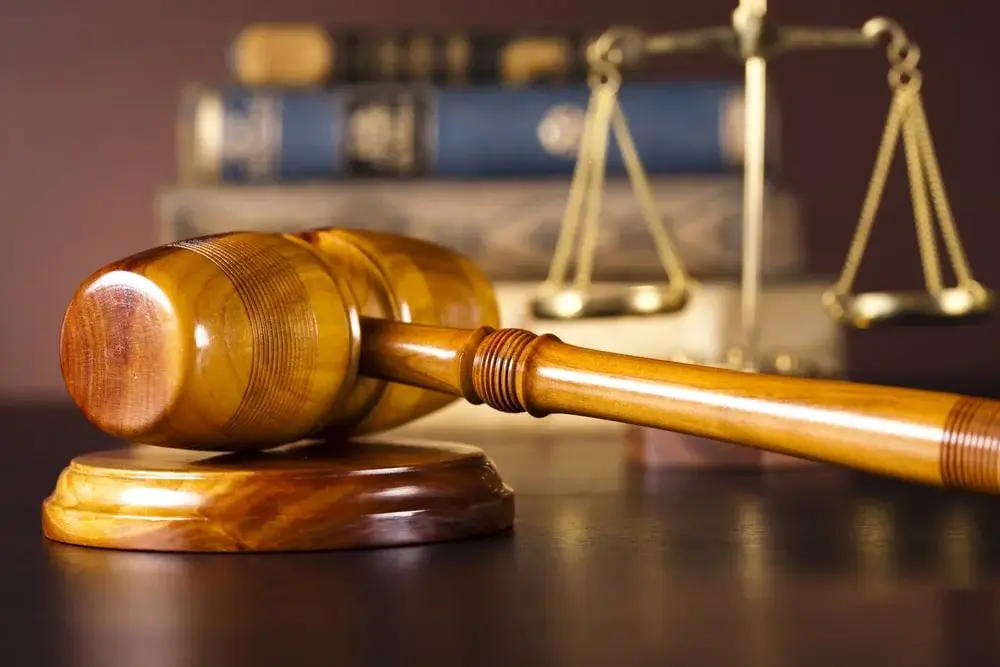
Effective Communication
One of the first steps in resolving any dispute within a COA is to open lines of communication. It’s vital that all parties involved have a chance to express their concerns and perspectives. This can be facilitated through formal meetings, mediation sessions, or more informal discussions. Ensuring that everyone feels heard can help reduce tensions and pave the way for a more collaborative resolution process.
Reviewing Governing Documents
Often, the resolution to a dispute lies within the COA’s own governing documents, which include the declaration of condominium, bylaws, and rules and regulations. These documents dictate how the condominium operates and should address the rights and responsibilities of both the owners and the board. Chapter 718 of the Florida Statutes lays out the rights of a COA to enforce their rules, so you’ll need a Florida Chapter 718 statute lawyer to walk you through the specifics.

Mediation And Negotiation
When disputes escalate, mediation can be a valuable tool. This process involves a neutral third party who helps facilitate a discussion between the conflicting parties to reach a voluntary agreement. Mediation is less formal than court proceedings and can provide a more amicable, cost-effective, and swift resolution. It allows for creative solutions that courts might not be able to offer.
Legal Action
While negotiation and mediation are preferred for their efficiency and community-focused outcomes, sometimes legal action is necessary. If disputes cannot be resolved through the aforementioned means, it might be required to proceed to arbitration or litigation. This step is generally taken as a last resort due to the potential for increased hostility and significant legal costs. It’s important to consult with legal professionals who can provide guidance based on a deep understanding of condominium law and the specifics of the case.

Role Of Legal Advisors
Throughout the dispute resolution process, legal advisors play a crucial role. They provide clarity on legal rights and obligations, help interpret and navigate the COA’s governing documents, and ensure that any actions comply with state laws and regulations. Legal counsel can also represent either party in negotiations or court proceedings, ensuring that their client’s best interests are protected and advocated for effectively.
Contact Us Today
At Perez Mayoral, P.A., we are dedicated to assisting condominium owners and boards in resolving their disputes with as little disruption as possible. Our team understands the unique nature of each conflict and works diligently to find solutions that respect the interests of all parties involved. Contact us today, and see how a Florida Chapter 718 statute lawyer from our team can help.

"*" indicates required fields
Perez Mayoral, P.A. combines the powerful and diversified services of a large law firm with the personal attention of a boutique practice. Get in touch with us for a consultation? Whatever your legal problem, we will be happy to discuss your options and provide you with the professional help you need.
